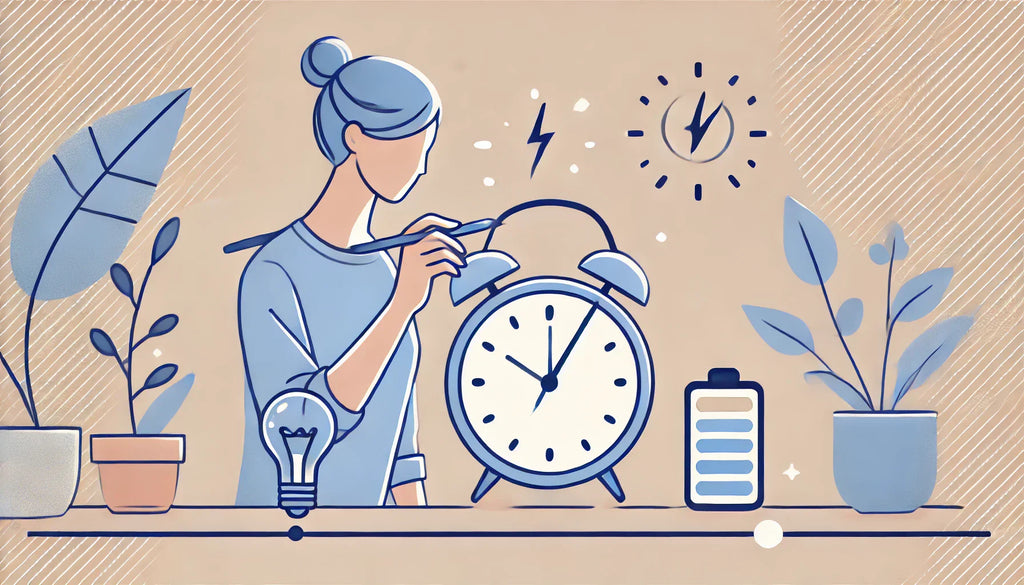News — healthy habits
The Benefits of Self-Care: Why It Matters for Your Health
better relationships emotional well-being healthy habits holistic health improve productivity mental health mindful living overall wellness personal growth physical health prevent burnout reduce stress self-care benefits self-care plan self-care routine self-care tips self-care types self-love stress management work-life balance
In today’s fast-paced world, prioritizing self-care often takes a backseat as we juggle work, family, and daily responsibilities. However, neglecting self-care can lead to burnout, chronic stress, and even physical illness. Taking time to care for yourself isn’t a luxury—it’s a necessity for maintaining balance and overall well-being.
Self-care encompasses practices that nurture your physical, mental, and emotional health. By dedicating intentional time for yourself, you boost your resilience, improve focus, and foster a deeper sense of happiness. Understanding the importance of self-care empowers you to build a healthier and more fulfilling life.
How to Set Boundaries for Your Time and Energy
assertiveness communication skills energy boundaries healthy habits life management mental health personal boundaries prioritization productivity self-care setting limits stress reduction time boundaries time management wellness work-life balance
Setting clear boundaries for your time and energy is essential for maintaining balance, reducing stress, and enhancing overall well-being. In this comprehensive guide, you'll learn practical strategies, backed by scientific insights, to help you protect your time and preserve your energy.
Whether you're a beginner or have been working on boundaries for years, our supportive tips will empower you to make lasting changes in your daily life.
Building Healthy Habits: Family and Community Fitness Activities
community events community fitness exercise tips family fitness family workout group fitness healthy habits healthy lifestyle physical activity wellness
In today’s fast-paced world, maintaining a healthy lifestyle is more important than ever. Building healthy habits through family and community fitness activities not only improves physical well-being but also strengthens bonds and creates supportive networks.
This article explores various strategies, practical tips, and scientific insights to help you integrate fitness into your daily routine—whether you're a beginner or an experienced fitness enthusiast.
Preventing Caregiver Burnout: Essential Self-Care Strategies
caregiver burnout caregiver exhaustion caregiver stress caregiver support caregiver tips caregiver wellness coping techniques emotional well-being healthy habits mental health mental resilience physical health for caregivers prevent stress preventing burnout self-care for caregivers self-care strategies stress management support system work-life balance
Caregiving is an act of love, but it can also be physically and emotionally exhausting. Whether you're looking after an aging parent, a sick partner, or a child with special needs, the constant demands of caregiving can take a toll on your well-being. Many caregivers prioritize others while neglecting their own needs, leading to stress, fatigue, and burnout.
Ignoring self-care can have serious consequences, not only for the caregiver but also for the person receiving care. When burnout sets in, it can lead to frustration, resentment, and even health problems. That’s why adopting essential self-care strategies is crucial to maintaining balance, resilience, and emotional strength.
Understanding Emotional Eating: Triggers and Healthy Coping Mechanisms
emotional eating emotional health emotional triggers healthy coping mechanisms healthy habits managing cravings mindful eating stress eating stress management triggers of emotional eating
Emotional eating is a common response to stress, boredom, or overwhelming emotions, where food becomes a way to self-soothe. While it can offer temporary comfort, this habit often leads to feelings of guilt, weight gain, or a strained relationship with food.
Understanding the triggers behind emotional eating and learning healthier coping mechanisms can empower you to break free from the cycle. This article explores the causes, signs, and practical strategies to address emotional eating while fostering emotional resilience and self-care.





